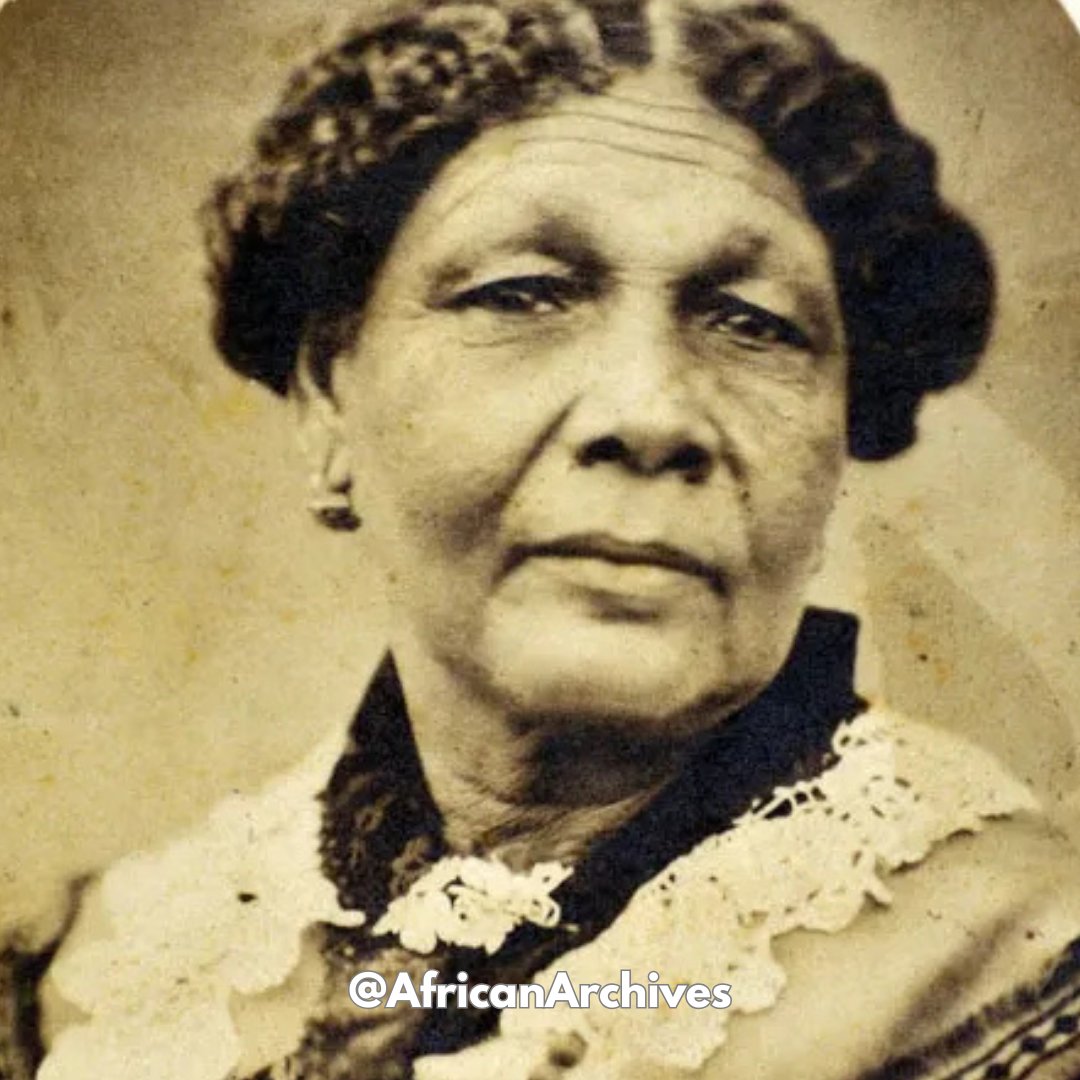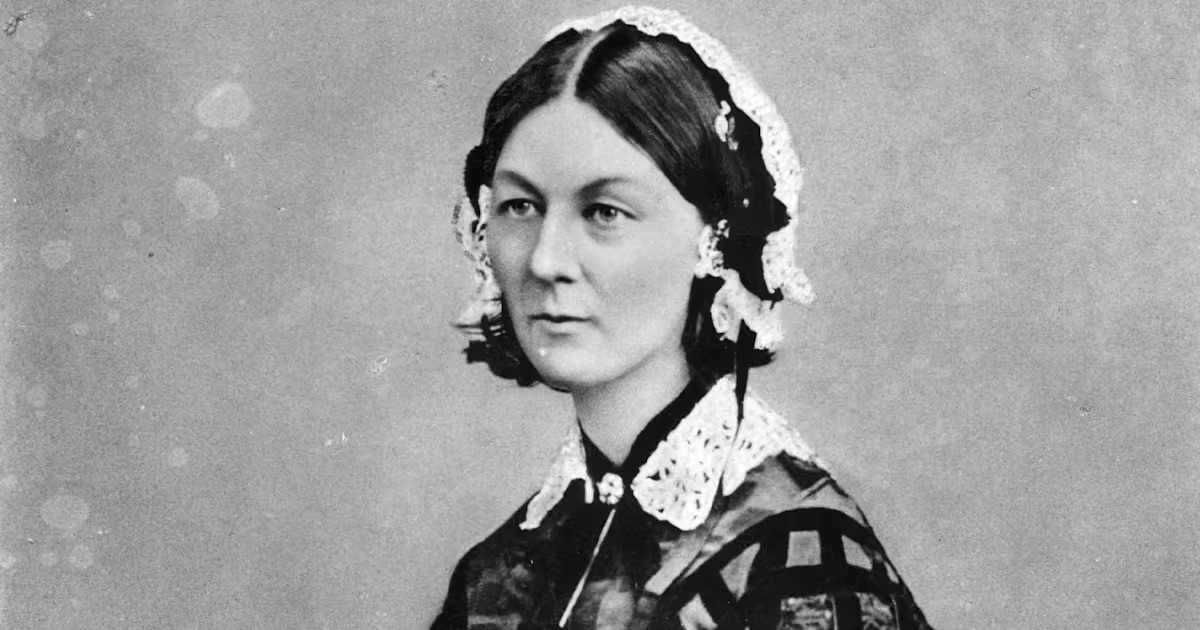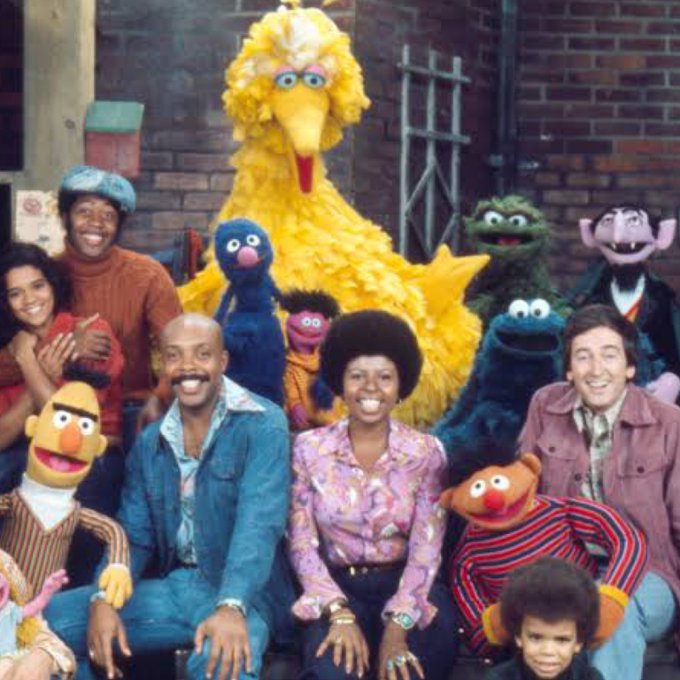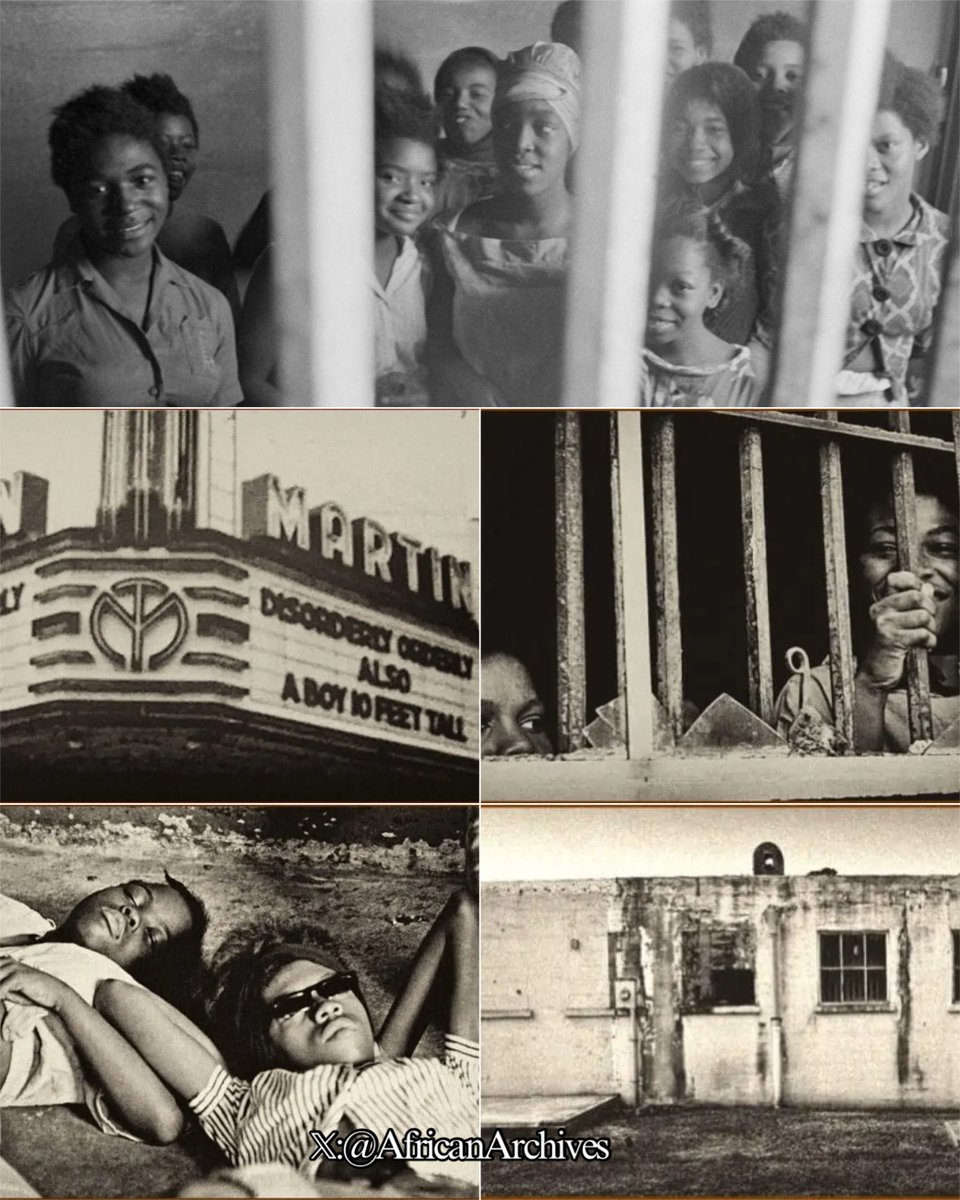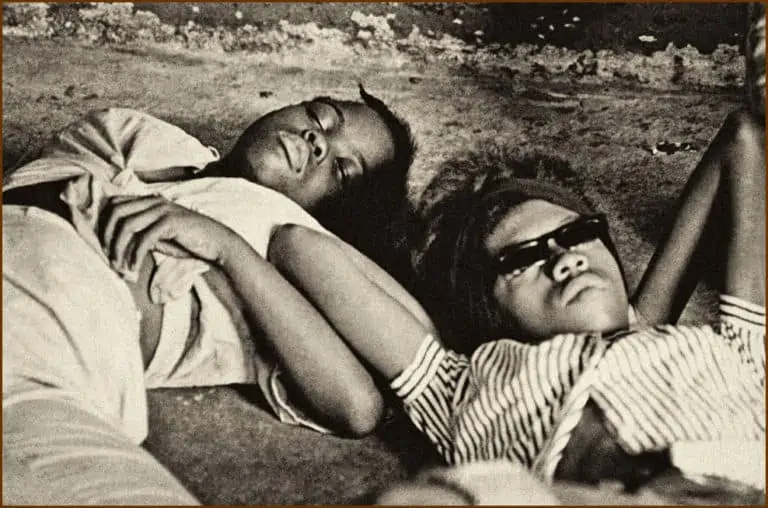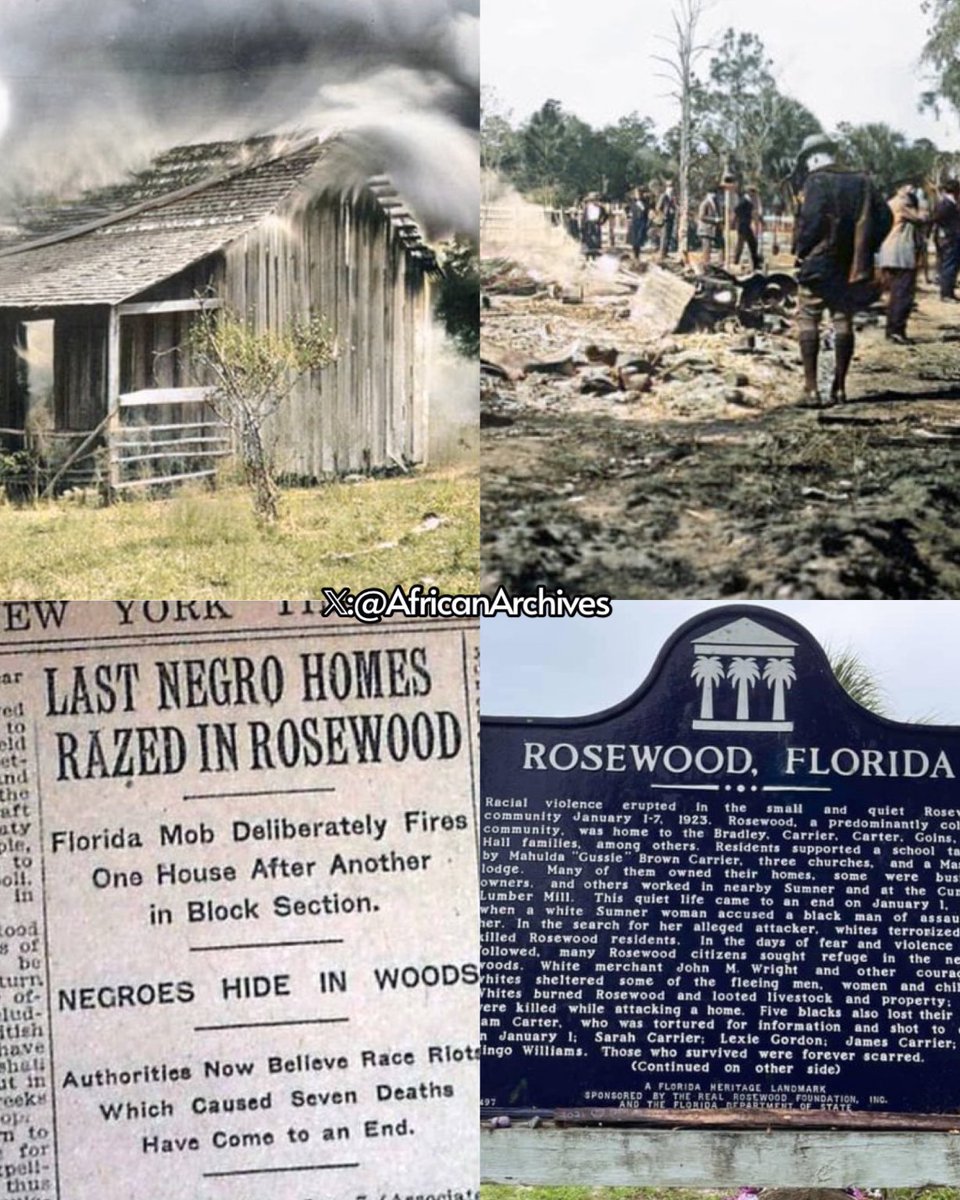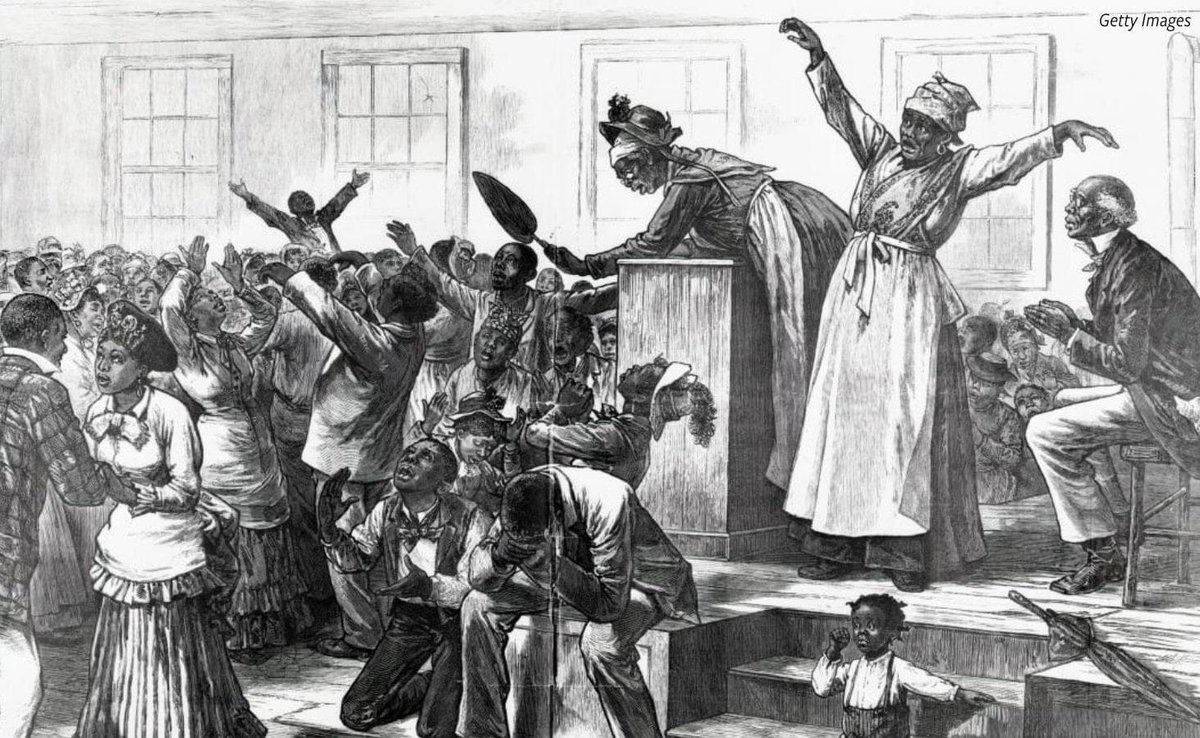Happy birthday to activist and chairman of the Black Panther Party Fred Hampton.
He was assassinated by Chicago police and the FBI at just 21 years old.
William O'Neal, an FBI informant, infiltrated the Black Panthers and set up Fred Hampton for $300.
A THREAD
He was assassinated by Chicago police and the FBI at just 21 years old.
William O'Neal, an FBI informant, infiltrated the Black Panthers and set up Fred Hampton for $300.
A THREAD
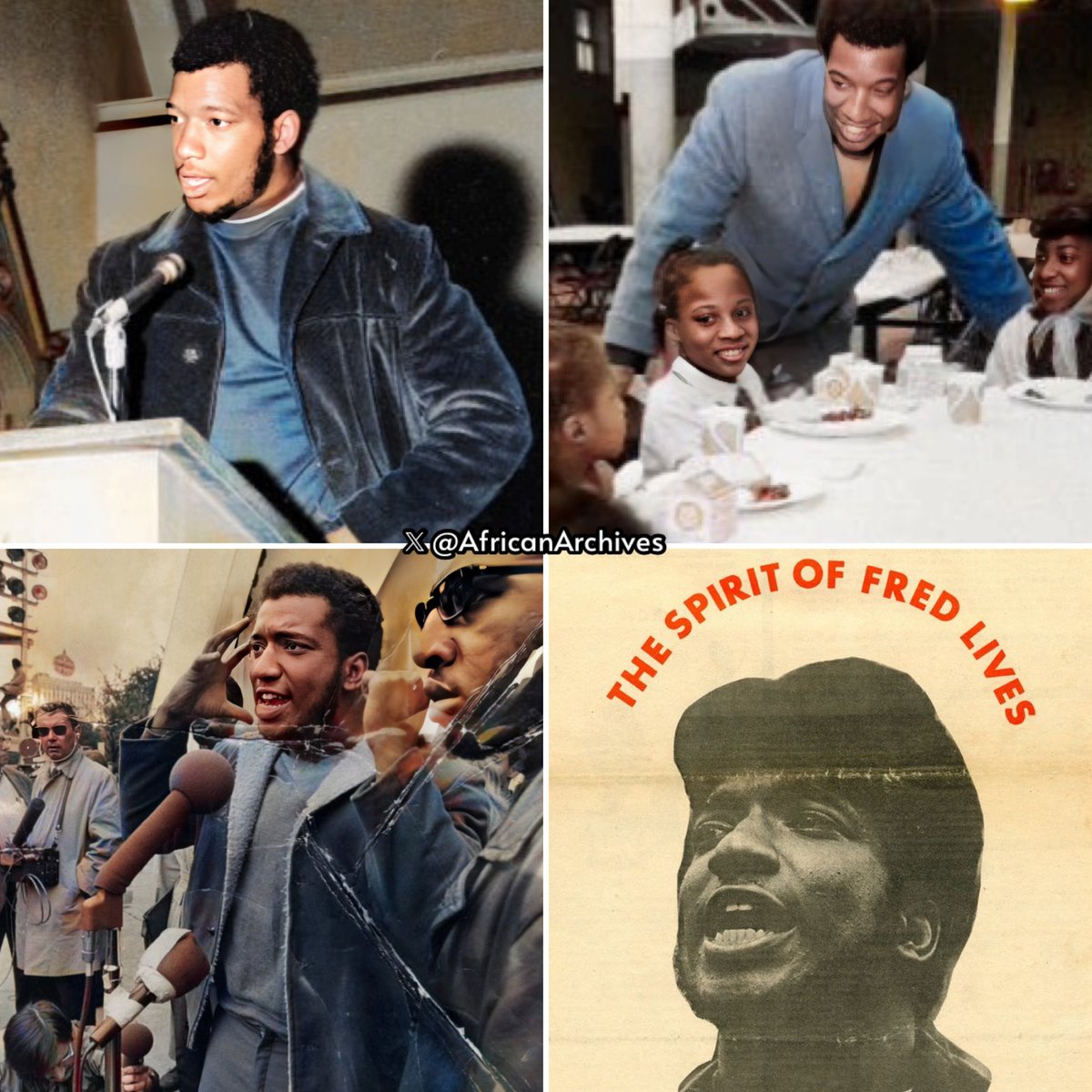
In Illinois, where Fred Hampton was born, the police constantly harassed black people. Access to social goods too was made difficult, if not curtailed, in the areas with heavy black populations.
The party, a creation of Huey Newton and fellow student Bobby Seale, insisted on black nationalist response to racial discrimination. The party’s Illinois chapter was opened in 1967 and Hampton joined in 1968, aged just 20. 

when Stokely Carmichael’s Student Nonviolent Coordinating Committee (SNCC) split from the Panthers in 1969, Hampton headed the Illinois chapter of the Panthers. 

Then a petty criminal, O’Neal was coerced by the FBI into helping them silence Hampton and the Black Panther Party. And he did just that when he infiltrated the party and provided the FBI with a floor plan of the Chicago apartment where Hampton was assassinated in 1969. 

His journey to becoming an FBI informant began in 1966 when he was tracked by FBI Agent Roy Martin Mitchell after stealing a car and driving it across state lines to Michigan.
He was told that he would forget about the stolen car charge if he infiltrate the Panthers for the FBI.
He was told that he would forget about the stolen car charge if he infiltrate the Panthers for the FBI.
The Panther Party had then become infamous for brandishing guns, challenging the authority of police officers, and embracing violence as a necessary by-product of revolution.
O’Neal agreed to infiltrate the party and when he got accepted, he served as the group’s chief of security.
Reports said he even became in charge of security for Hampton and had keys to Panther headquarters and safe houses.
Reports said he even became in charge of security for Hampton and had keys to Panther headquarters and safe houses.
He eventually provided the floor plan of Hampton’s west-side apartment that was used to plan the raid that killed Hampton and his fellow Panther, Mark Clark. 

Fred Hampton, was executed in his sleep by race soldiers, sleeping next to his pregnant wife, Akua Njeri. 

O’Neal hardly spoke of his undercover years but in a 1984 interview with the Tribune, one of his last public interviews, he mentioned that he “thrived” on his work with law enforcement though in the end, he realized he had been ”just a pawn in a very big game.”
In 1990, William O'Neal, committed suicide.
If you find this information helpful & love my content, You can support my history page/project here through donations/tips to keep up on: africanarchives.support


• • •
Missing some Tweet in this thread? You can try to
force a refresh



